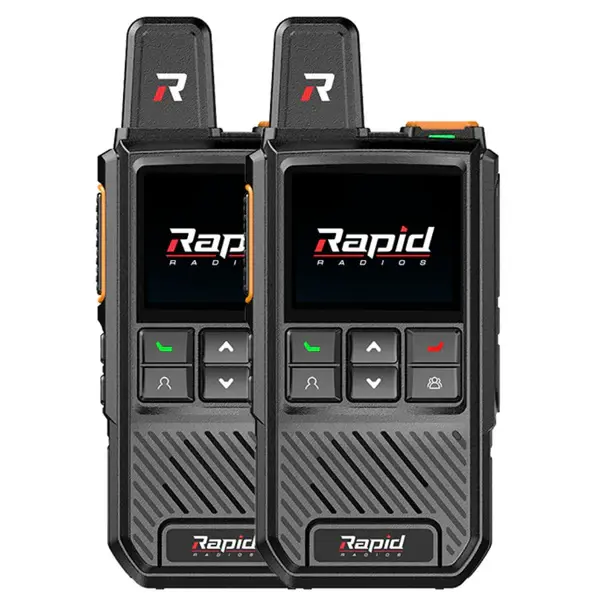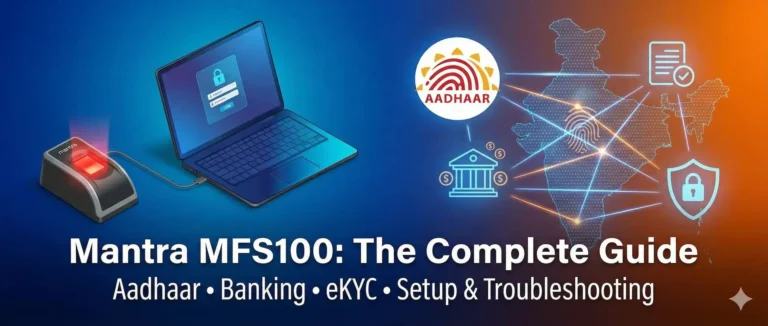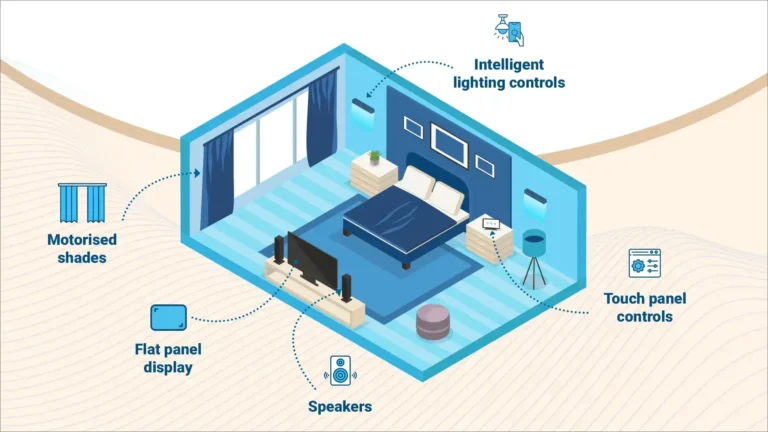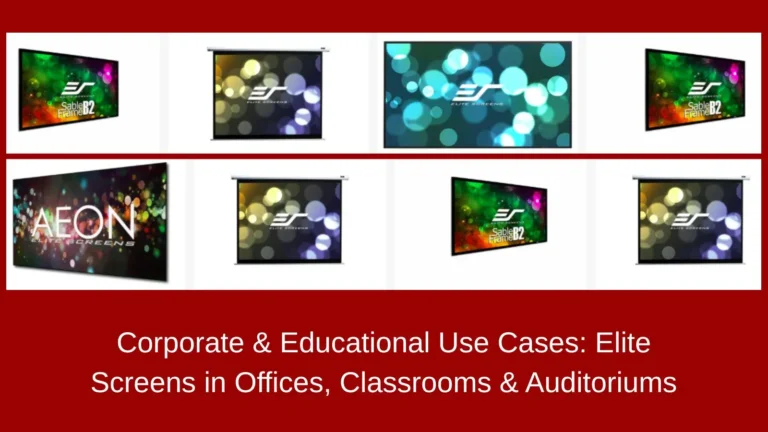“Did you hear that?”
You’re on the job, mid-conversation, and suddenly realize your chatter isn’t private. A stranger chimes in. Static gives way to someone outside your team.
It’s unsettling—and in some cases, dangerous.
That’s why encryption has become the unsung hero of the two-way radio world. More than just a tech buzzword, it’s the layer of protection that keeps sensitive communication from becoming public entertainment.
Why Privacy Still Matters
In an era where everything from emails to text messages is vulnerable, voice communication often gets overlooked. But think about what you send over the air:
- Security instructions
- Location updates
- Business details
- Personal safety alerts
Without encryption, all of that is fair game for interception. Even basic radios operating on open channels can be scanned by anyone with the right equipment.
Do you really want strangers listening in on your team, your family, or your operations?
What Encryption Actually Does
Let’s clear the static: encryption isn’t magic—it’s math.
When a two-way radio encrypts a message, it scrambles your voice signal into code. Only another radio with the right “key” can unscramble it back into clear speech. To everyone else? It sounds like garbled noise.
The beauty is in the simplicity. Encryption doesn’t slow communication. Push-to-talk stays instant. You still get the hallmark speed of radios, but with a private channel wrapped around it.
Different Levels of Protection
Not all encryption is created equal. Depending on the type of two-way radio you’re using, protection can range from basic to advanced:
- Voice inversion: A low-level method that makes speech sound scrambled. Easy to set up, but also easy to crack.
- Digital encryption (AES, DES, etc.): High-grade security used by industries and government. Messages are locked down with complex keys, making interception nearly impossible.
- Proprietary systems: Some radios use custom protocols for added security.
The right level depends on your needs. A family camping trip might not require the same encryption as a security firm guarding an event—but the principle is the same: privacy matters.
Who Benefits from Encrypted Radios?
It’s tempting to think only law enforcement or military teams need this tech. But the reality is broader:
- Businesses: Protect internal chatter, prevent eavesdropping on sensitive operations.
- Event staff: Keep communication clear of interference in crowded spaces.
- Families: Add peace of mind when kids are out exploring or when camping off-grid.
- Outdoor enthusiasts: Stay connected without broadcasting your plans to strangers monitoring local frequencies.
If you value privacy—even casually—encryption adds peace of mind.
Why Phones Don’t Solve This Problem
“But wait,” you might say, “don’t phones already encrypt calls?”
Yes, most smartphones use encryption—but only when the network is stable, secure, and not overloaded. And even then, your calls rely on third-party carriers.
A two-way radio bypasses those middlemen. Encrypted radios give you direct, private communication—no towers, no apps, no outside infrastructure required. Just device-to-device security you control.
The Blend of Security and Simplicity
Here’s the real secret: encrypted radios aren’t complicated to use.
Once configured, they work exactly like any other two-way radio. Push, talk, release. The encryption runs in the background, invisible but powerful.
You don’t need to be a tech expert. You don’t need training modules. The privacy is baked in, making it accessible for everyone from businesses to families.
Choosing the Right Encrypted Radio
If you’re exploring secure options, look for radios that offer:
- AES or advanced digital encryption for maximum protection
- Durable builds for real-world use in the field
- Nationwide push-to-talk if you need long-distance coverage
- Long battery life to keep security active all day
- GPS integration for accountability and safety
Final Thought: Privacy Is Power
Communication should feel safe. But without encryption, it’s too easy for the wrong people to listen in.
Two-way radios with encryption give you more than clarity and speed—they give you control. Control over who hears your voice. Control over what stays private. Control over the very conversations that keep your team, your business, or your family safe.
And in a world where everyone seems to be listening? That kind of control isn’t just nice to have. It’s essential.
Thank you for reading! If you found this article helpful, please share it within your community or groups, leave a comment with your feedback and don’t forget to visit Abmantra for more informative blogs on Technology and beyond.

Levi Smith is a passionate content writer and editor with over 4 years of experience crafting engaging content for Abmantra, a popular blogging website. His areas of expertise include Education, product reviews, gifting guides, lifestyle pieces, fashion trends, finance explainers, technology breakdowns, travel stories, and other trending topics. Levi’s informative and engaging writing style has demonstrably helped Abmantra attract a loyal readership and build a strong online community.
When Levi isn’t busy weaving captivating content, you might find him exploring new destinations, delving into economics articles, or analyzing the latest tech. These passions continuously fuel his creativity and add a unique perspective to his writing, ensuring his content stays fresh and insightful.




